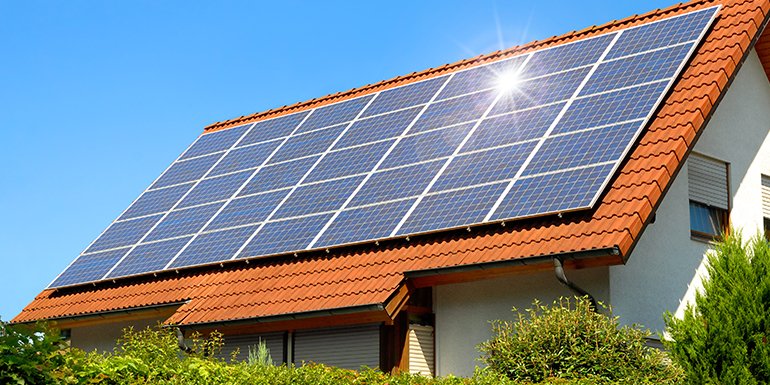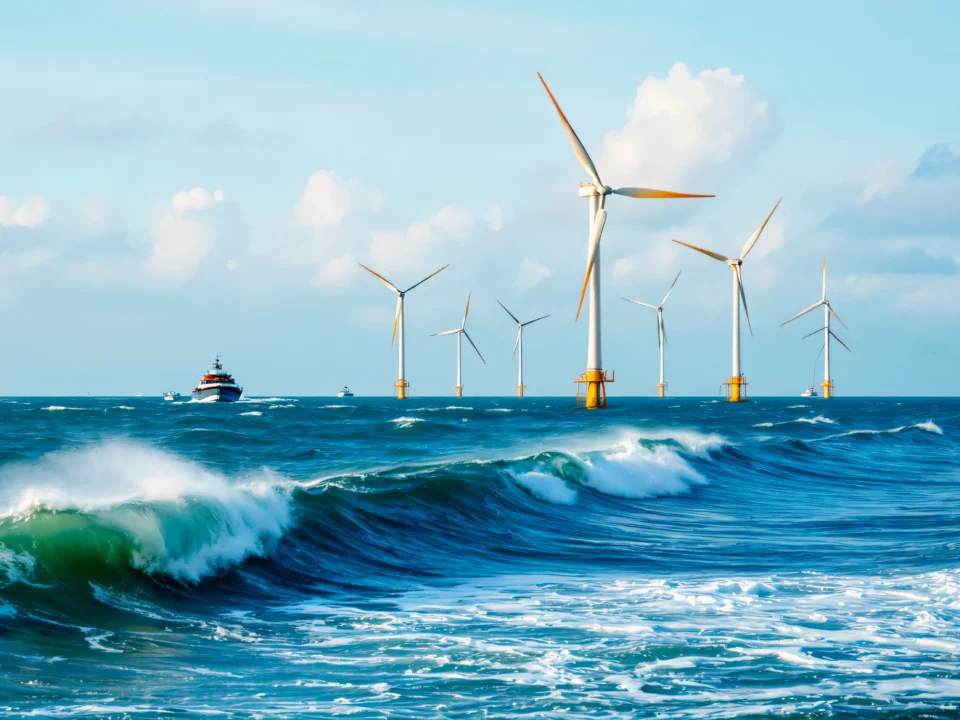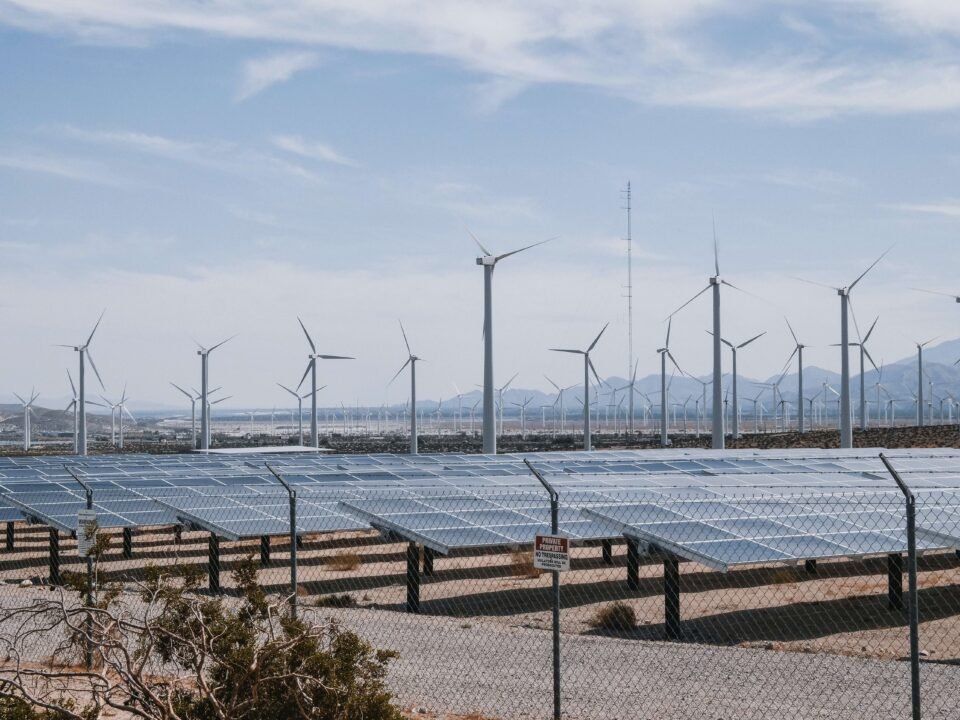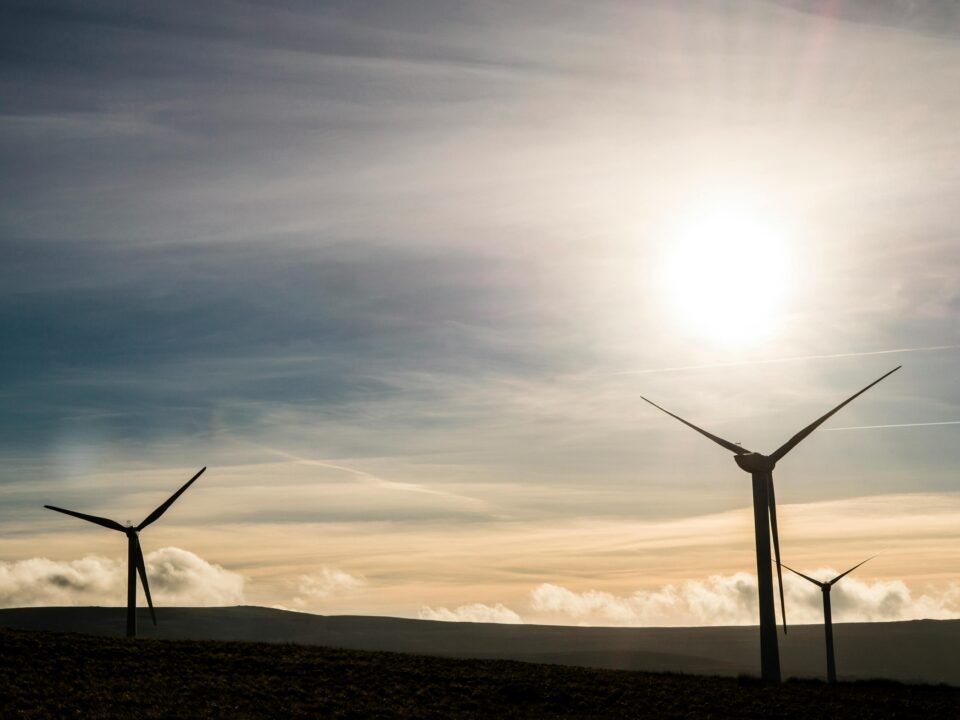The beauty of visiting a new location lies in experiencing their natural beauty, their diversity and the traditional cultural settings. Most of the travellers today understand that international travel contributes largely to increasing carbon-footprint per person. This includes the air-travel, the emissions resulted by constantly being on the move, opting for luxurious hotels, and much more. And as we all know globetrotting has become more of a lifestyle essential as compared to its former once-in-a-lifetime experience glory. So how are traveller ensuring that they have a magically unique experience while showing consideration towards the urgent sustainable goals of our planet?
With eco-tourism of-course! It is defined to be a more sustainable sort of tourism during which the traveller seeks to reduce their disadvantageous impact on their surroundings while participating in activities that both immerse them in nature and stand for the conservation of the natural environment they have come to enjoy. An indispensable part of this is often eco-friendly boarding; accommodation and hotels that blend conservation with recreation while aiming to integrate sustainability into the cornerstones of their operations. These resorts are often located off the mainstream locations, on remote Philippian islands or way within the Kenyan savannah. As a result, many have poor or non-existent connections to the national grid: taking the road less travelled tends to mean that electricity companies aren’t among those that have.
Even if you are an avid traveller on an adventure you will definitely expect basic amenities like lighting and running water. Therefore, electricity is invariably important for these businesses and is usually produced by diesel generators. The problems that arise with this are obvious. The energy produced by diesel emits carbon-di-oxide and diminishes the local air quality. The generators are usually placed at an appropriate distance from the resort to make sure that the noise and pollution don’t disturb guests, but often at the expense of disturbing the wildlife.
However, there are many eco-resorts that are setting an example with successful solar-plus-storage energy systems. Most of these are built on a remote location and operate with sustainability at its core; with large systems that can hold up to 42 kWp solar system with batteries that can hold 124.2 kWh of energy. This is enough to power a large 1000 capacity resort at its peak to save over 12,500 liters of diesel per year – equivalent to 32.5 tonnes of CO2 emissions. This is how a well-established solar plant can help quality tourism flourish even in the most unexplored parts of the world.




